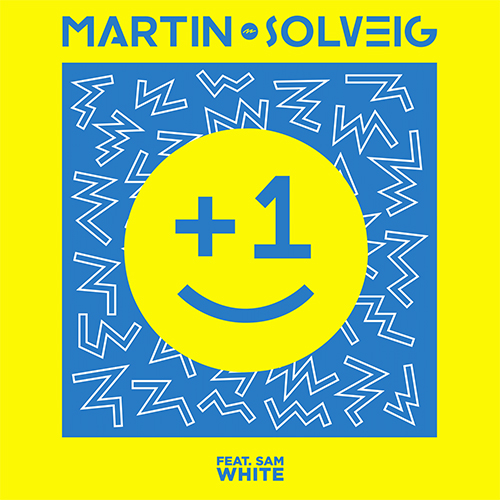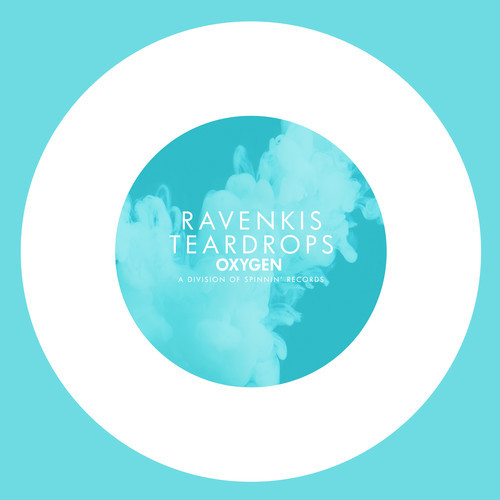-
 play_arrow
play_arrow
Clubalicious Clubalicious Radio
-
 play_arrow
play_arrow
London Calling Podcast Yana Bolder

Los Angeles, CA (February 6, 2025)—A cornerstone of modern alternative music, producer/engineer Dave Jerden has died. According to a social media post by his family, he quietly passed away in his sleep Wednesday, February 5, in Los Angeles. Over the course of a four-decade career, Jerden worked with a who’s who of rock, helping create classic albums by Talking Heads, Brian Eno, Red Hot Chili Peppers, Jane’s Addiction, Alice In Chains, The Rolling Stones, Frank Zappa, Fishbone, Anthrax, The Offspring, Public Image Limited, Tom Verlaine, Spinal Tap, Armored Saint, Meat Puppets, Mary’s Danish, Social Distortion and many more.
Jerden grew up in Reseda, CA where, encouraged by his family to become a jazz musician, he began playing guitar and bass in bands as a pre-teen through his mid-20s. That plan was changed forever, however, when he befriended Eddy Schreyer, who would go on to become a noted mastering engineer and founder of Oasis Mastering. Inspired by Schreyer attending an audio engineering school, Jerden enrolled in University of Sound Arts at age 25, after which he took a job at Smoketree Ranch Studios in Chatsworth, CA. Moving on to Redondo Beach’s Redondo Pacific Studios in 1979, he landed at Hollywood’s Eldorado Recording Studio in 1980, and it was there that his career truly took off.
Charged with renovating Eldorado both acoustically and gear-wise, Jerden impressed Brian Eno when the music icon visited the studio to check out a then-brand-new Lexicon 224 digital reverb; Jerden had borrowed the scarce unit only for the day and pretended that the studio owned it—and that he was an expert in its use. The ruse worked as he and Eno hit it off, and Jerden was quickly tasked with recording Talking Heads’ seminal Remain in Light (1980), followed by the Eno/David Byrne collaboration, My Life in the Bush of Ghosts (1981).
Before long, Jerden was working with Bill Laswell and Michael Beinhorn of Material to record Herbie Hancock’s Future Shock (1983) album and its groundbreaking single “Rockit,” one of the first hits to feature sampling and scratching. Soon he was recording Mick Jagger’s solo debut, She’s The Boss (1985), and that led to one of his earliest mentions in Mix, as producer Ron Magness told the magazine in April, 1985, “Jerden is an engineering genius, and deserves a lot of the credit for the work we have done together.”
While the Jagger album led to engineering The Rolling Stones’ mid-80s nadir, Dirty Work (1986), the years that followed were an incredible hot streak for Jerden, as he produced Jane’s Addiction’s Nothing’s Shocking (1988) and Ritual de lo Habitual (1990); engineered Red Hot Chili Peppers’ eponymous debut and mixed Mother’s Milk (1989); produced Alice in Chains’ debut Facelift (1990) and its follow-up, Dirt (1992); Social Distortion’s self-titled third album (1990) and Somewhere Between Heaven and Hell (1992); Public Image Limited’s That What Is Not (1992); Fishbone’s The Reality of My Surroundings (1991); Spinal Tap’s Break Like The Wind (1992); Anthrax’s Sound of White Noise (1993); The Offspring’s Ixnay on the Hombre (1997) and Americana (1998); and more, while also working with buzz bands of the era such as Stabbing Westward, Goldfinger, MxPx, Ednaswap, Biohazard, Dig, Poe, Bullet LaVolta and others.
While most of Jerden’s work centered around rock, he wasn’t above working in other genres as well—a move that led to engineering the top-10 dance hit “Don’t Wanna Fall In Love” by late-80s one-hit wonder Jane Child. In the 2000s, Jerden co-owned Tranzformer Studios in Burbank, CA with his longtime engineer Bryan Carlstrom, who died in 2013 at the age of 51. The studio closed two years later.
Regardless of the artist he worked with, Jerden always saw the job of producing as a multi-faceted role. He elaborated to then-Mix L.A. editor Maureen Droney in a December 1998 interview:
When people ask me to produce a record, that means, to me, to make a record by whatever means. I may be a psychiatrist, a technician, a musician, but the overlying important thing is that I have a point of view all the time. The main job, which may include all those other duties on top of it, is to be a person who has a point of view and maintains it on the whole project. I let the musicians make the record and do their parts, but it’s in the framework of a point of view that we’ve all agreed on. Because productions can get lost really quickly if the objective has not been maintained.
To do this, I use my initial reactions as a listener, and I ask questions. What do I expect to hear from this person or this band? What is the essence of this band? That is, stripping away everything they’re not, and then looking at what’s left. We get in agreement, musically and stylistically, about what they are, and we form a general image of what it’s going to be, the theme. We fine-tune as we go along, but we’re always moving toward the objective, so at the end of the day we can say, ‘Yeah, we made the record we wanted to make.’ That’s the job.
Jerden is survived by his children, Michelle Jerden Forrest and Bryan Jerden.
Written by: Admin
Similar posts
Recent Posts
- 🎶 New Music: JID, OneRepublic, Morgan Wallen, Post Malone, MarkCutz, Kidd Spin + More!
- Classic Tracks: The Fireballs’ “Sugar Shack”
- Classic Tracks: Arlo Guthrie’s “City of New Orleans”
- Classic Track: k.d. lang’s “Constant Craving”
- Classic Tracks: Waylon Jennings’ “Are You Sure Hank Done It This Way”
Recent Comments
No comments to show.Featured post

Latest posts

🎶 New Music: JID, OneRepublic, Morgan Wallen, Post Malone, MarkCutz, Kidd Spin + More!

Classic Tracks: The Fireballs’ “Sugar Shack”

Classic Tracks: Arlo Guthrie’s “City of New Orleans”

Classic Track: k.d. lang’s “Constant Craving”

Classic Tracks: Waylon Jennings’ “Are You Sure Hank Done It This Way”
Current show
Upcoming shows

Martin Garrix
Martin Garrix
19:00 - 20:00
Stereo Productions
Chus Ceballos
20:00 - 21:00
Beat Life Matters
Beat Life Matters
21:00 - 22:00
Love To Be
The Global Connection
00:00 - 02:00
Fresh Is Fresh
THIS WEEKS HOTTEST DANCE RELEASES FROM DEE JAY PROMOTIONS
02:00 - 07:00Chart








